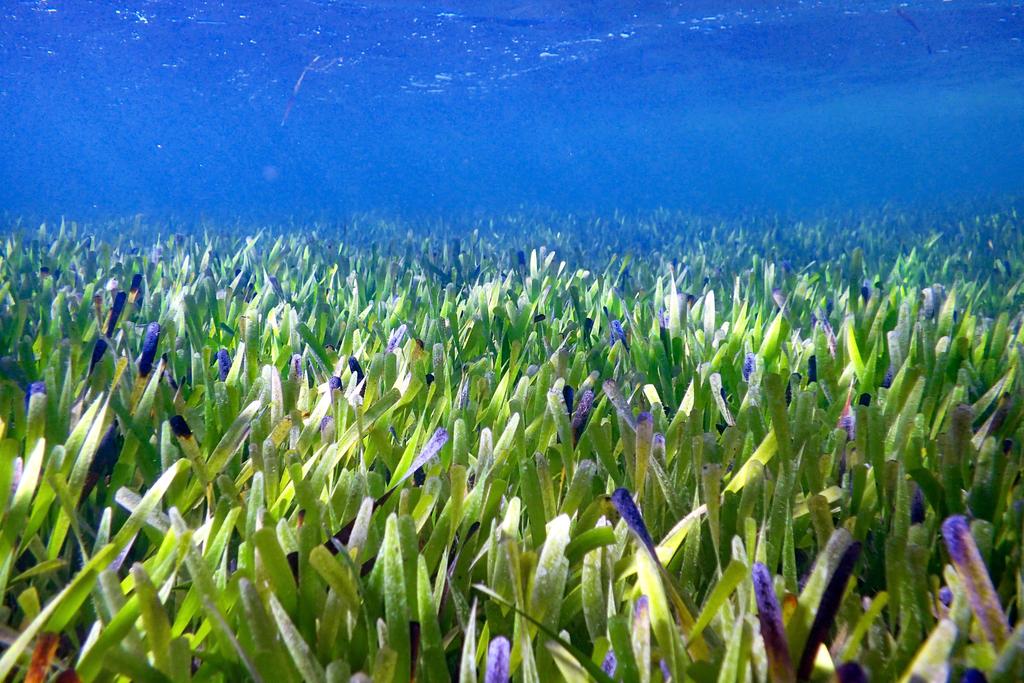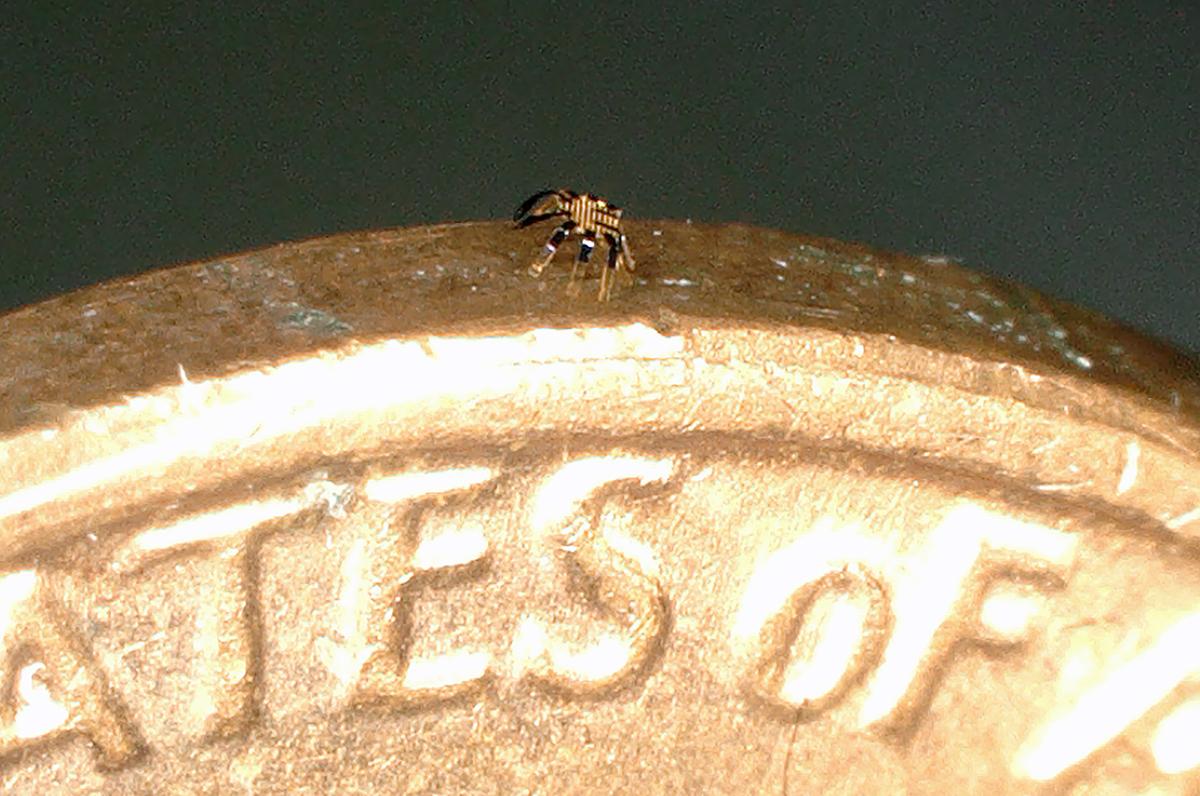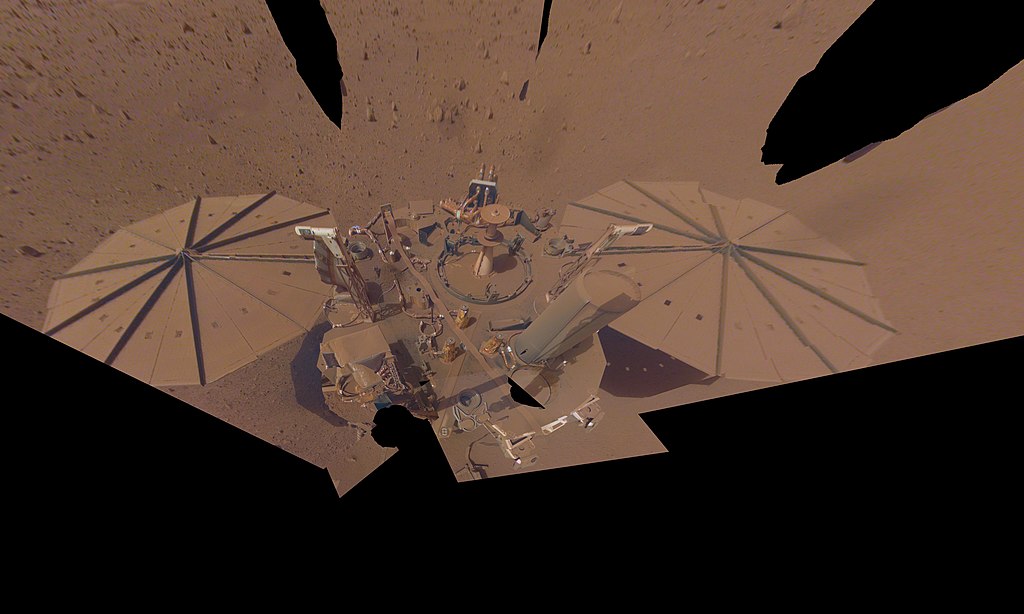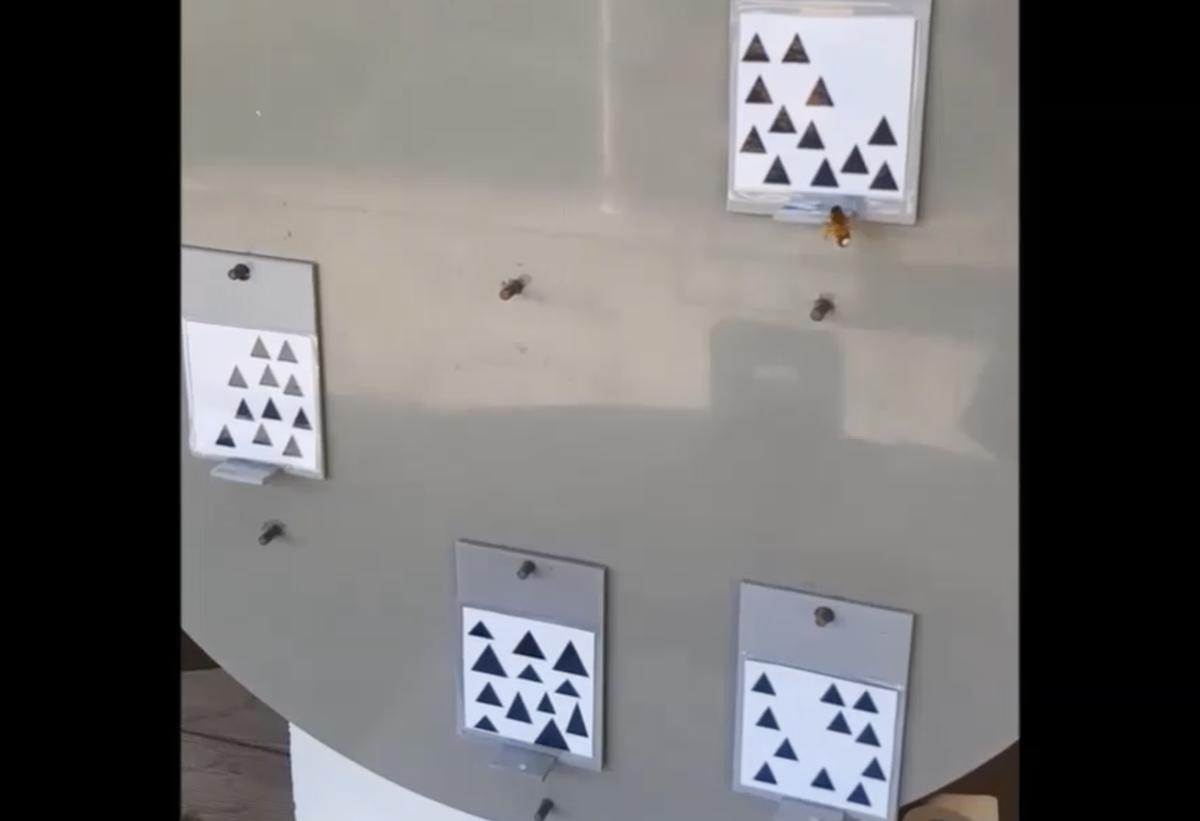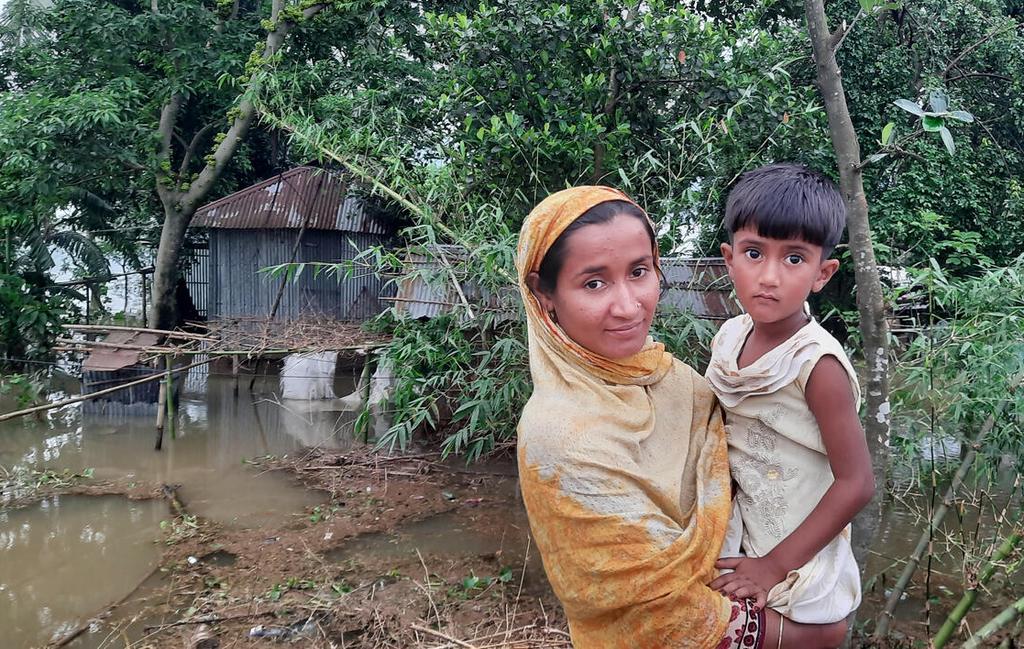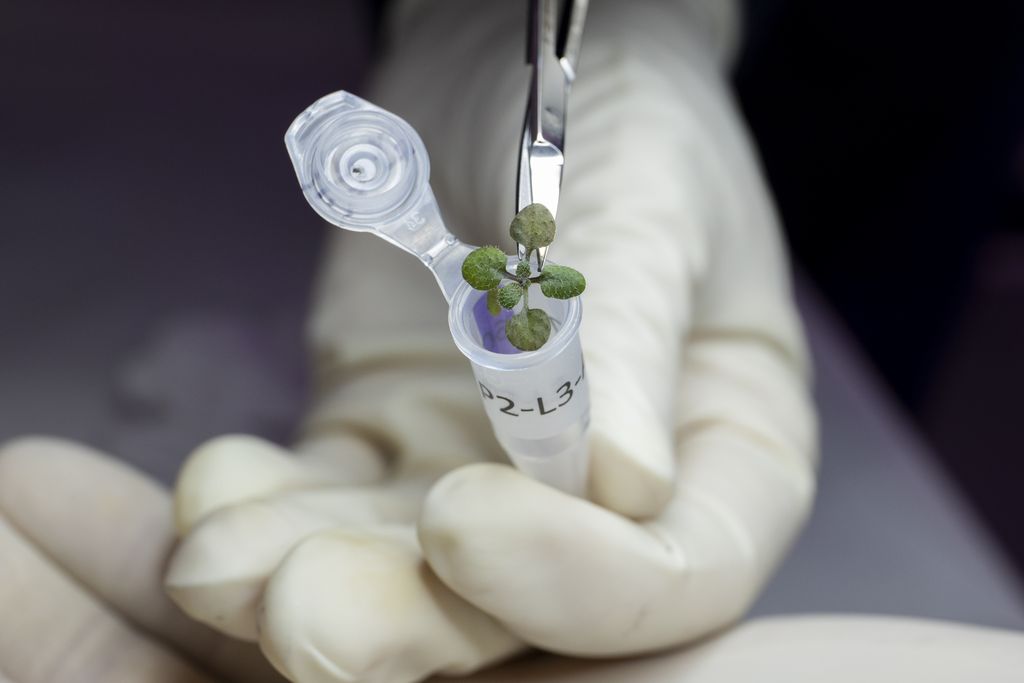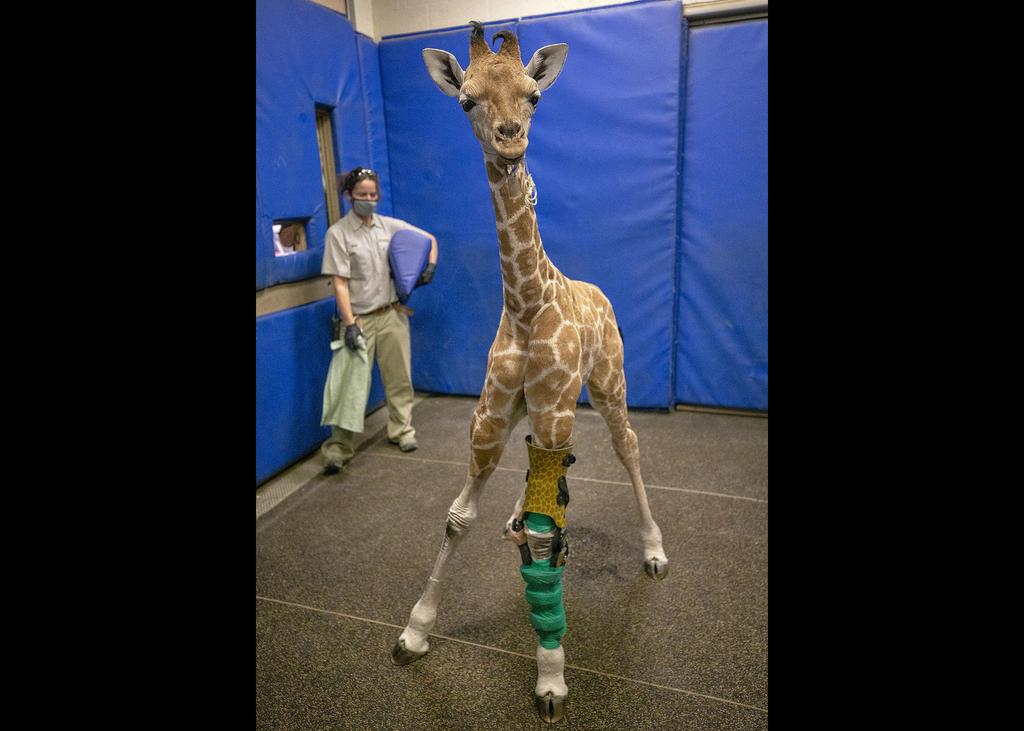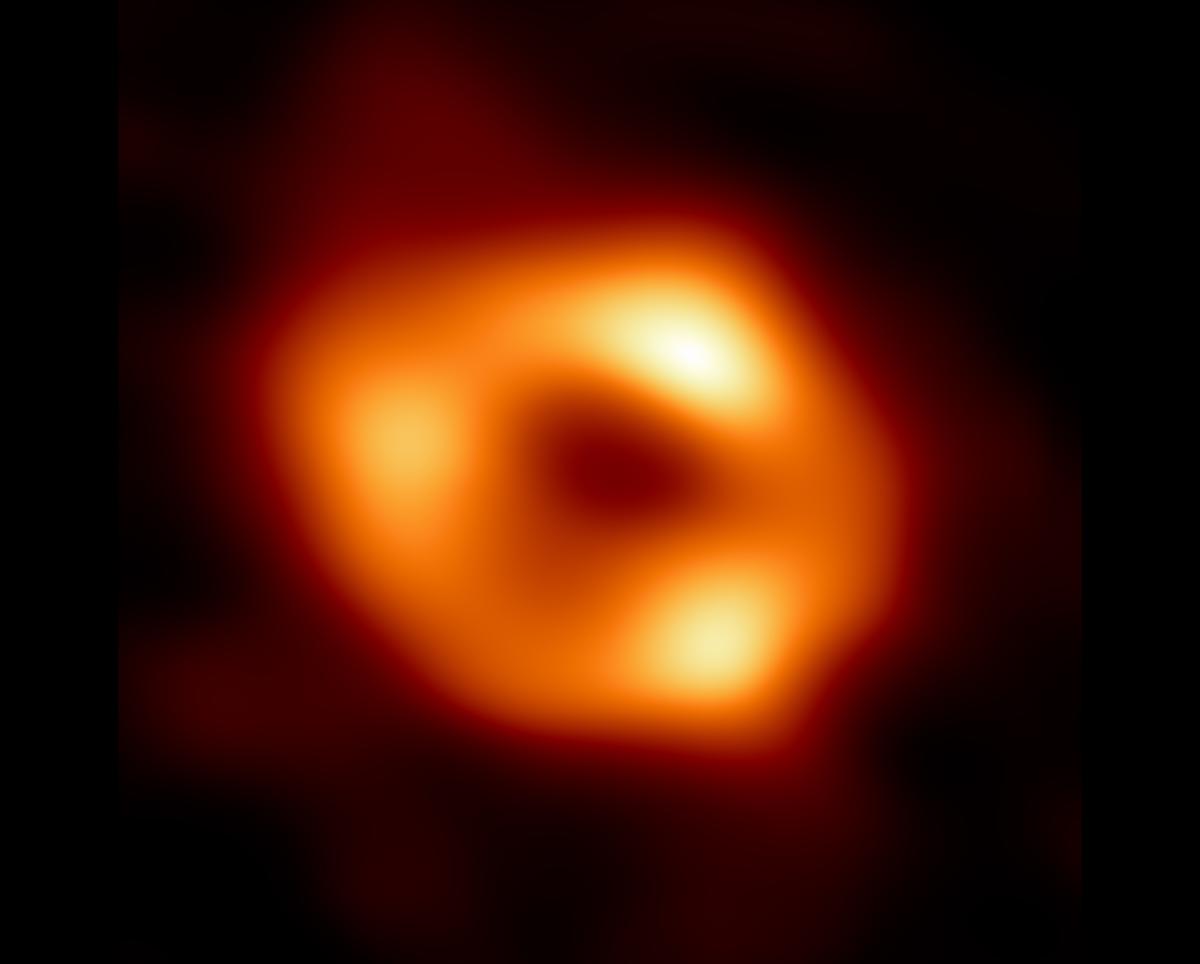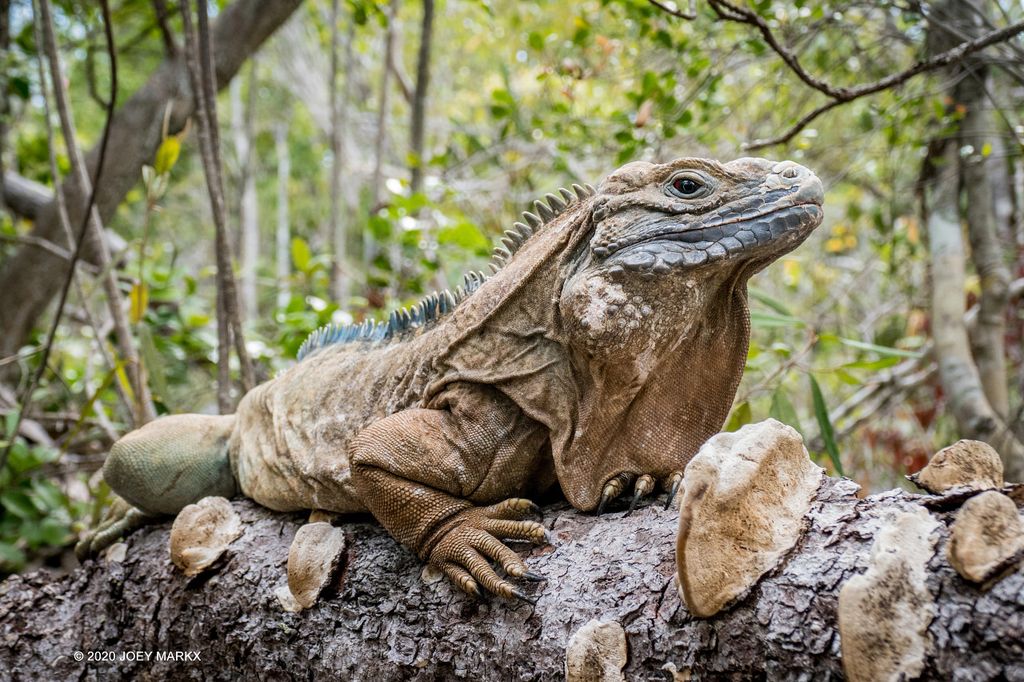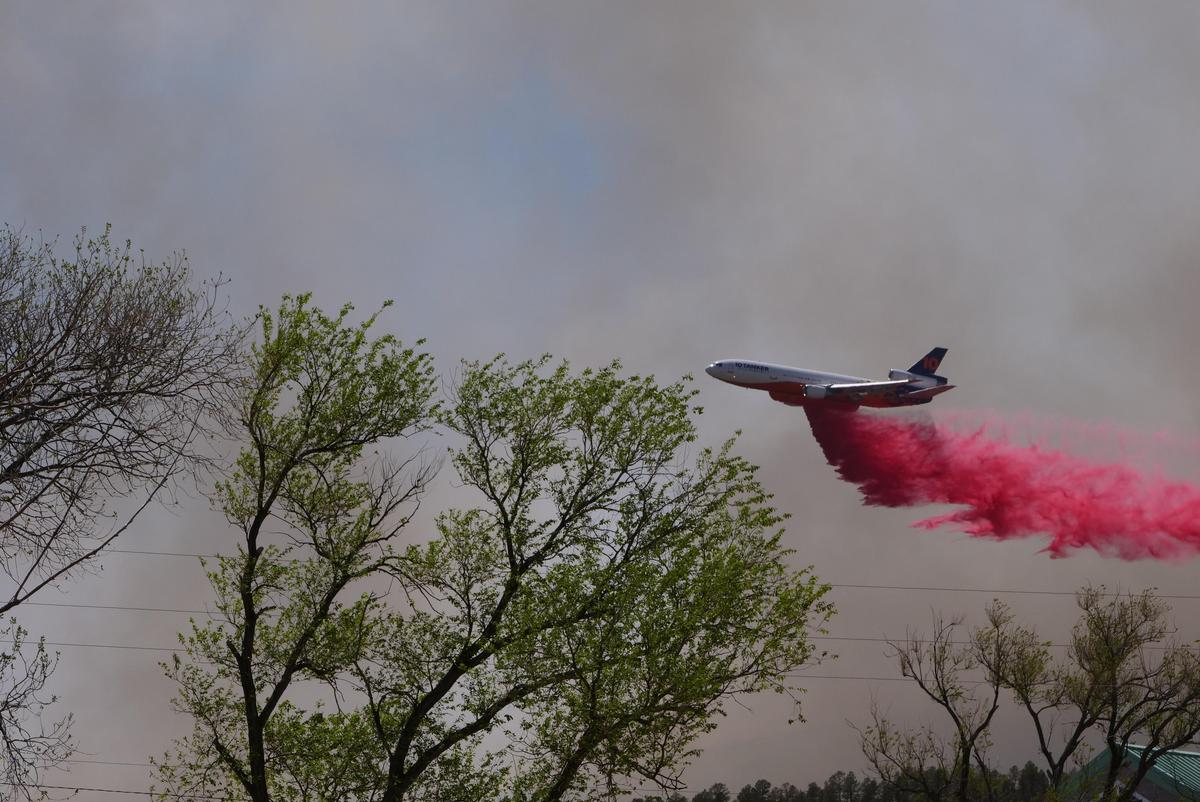Scientists have discovered what they believe is the world's largest plant, an underwater field of sea grass that stretches for 112 miles (180 kilometers) off the west coast of Australia. The sea grass plant is believed to be around 4,500 years old.
Published in “Science”
Scientists recently announced the world's tiniest remote-controlled robots. Small enough to sit on the side of a penny, the robots can be controlled by a laser. The scientists say one day robots like these may be able to work in areas too small for tools.
In today's news roundup, Pfizer promises lower drug prices to 45 poorer countries, Lyon beats Barcelona to win their eighth Women's Champions League title, and NASA's Mars lander InSight takes one last selfie, covered in dust.
In the past, scientists have shown that bees have some surprising math skills. Now, new research shows that bees can even be trained to tell the difference between odd and even numbers. Before this, humans were the only animals known to have this ability.
People in Bangladesh and India are struggling as they face serious flooding caused by early heavy rains. The floods have covered roads, bridges, and entire villages. Millions of people have been left isolated by the flood waters.
Scientists at the University of Florida have grown plants in soil that came from the Moon. The plants didn't grow as well as those grown in dirt from Earth, but the experiment marks an important step toward growing plants on the Moon.
In today's news roundup, Iraq is hit with dangerous sand and dust storms, US Soccer reaches an agreement to pay men and women equally, and a painting that was once traded for cheese sandwiches sells for roughly $270,000.
When Msituni was born, zoo keepers were worried the baby giraffe might die. Her front legs bent the wrong way, making standing nearly impossible. Now, thanks to special braces, she's healthy and playing with other giraffes.
Scientists have long believed that there was a black hole in the center of our galaxy. Last Thursday, scientists released the first image ever made of this black hole. The scientists hope the image will help them learn more about black holes and gravity.
A recent scientific report says that more than one-fifth of the world's reptiles are at risk of dying out. The main threat to reptiles is the loss of their natural homes, as humans take over more and more natural areas.
In today's news roundup, New Mexico fights massive wildfires, New Zealand reopens to tourists after more than two years, and a company uses satellites to spot cow burps from space.

